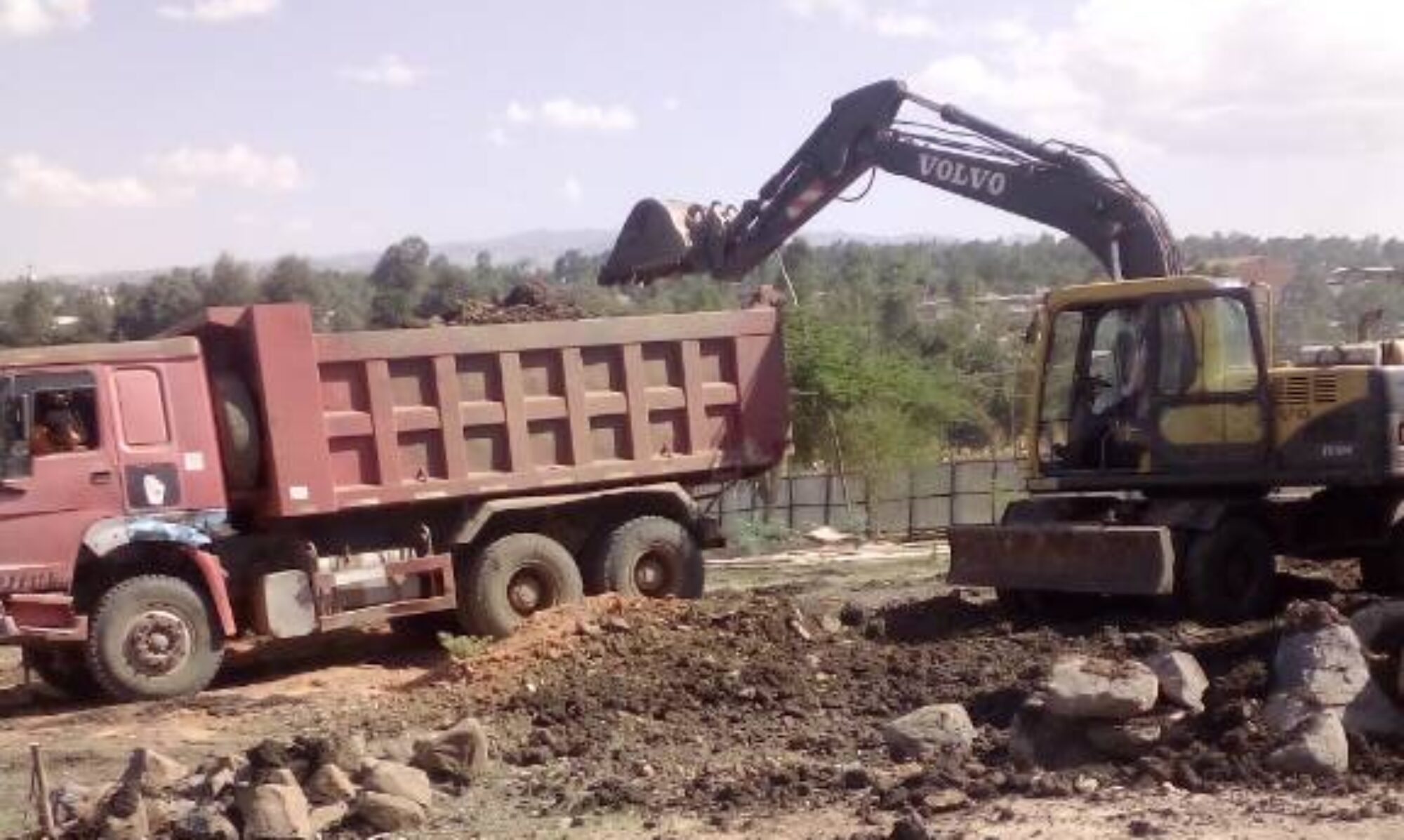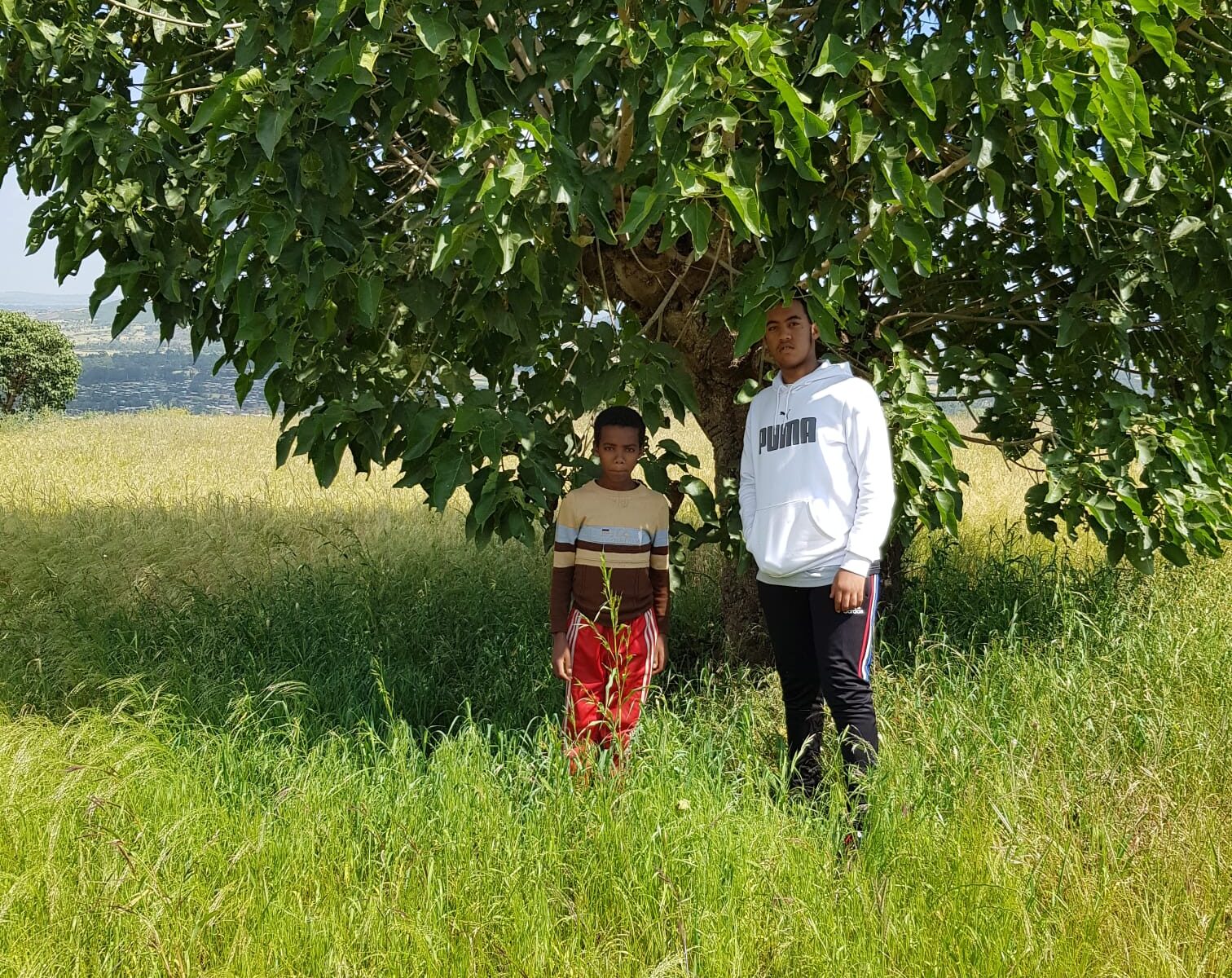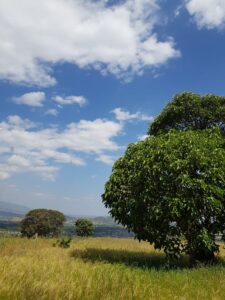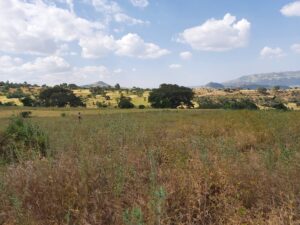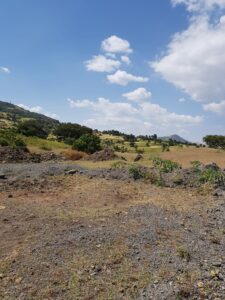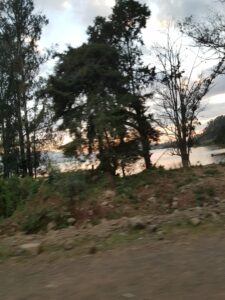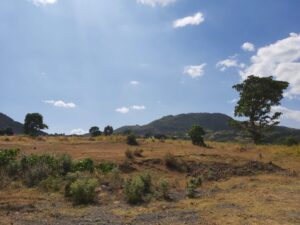11th June 2022 at 16:00 BST
Join us on Zoom to share your ideas for our fundraising picnic
Our next general meeting of WDEF is on 11th June to give us the opportunity to build some support for our fundraising picnic on 9th July in Finsbury Park (Endymion Rd entrance) London N4 1EE.
Our bank account is now open and now is the time we can seriously begin the fundraising work of WDEF. Aster Belay has been preparing delicious meals for paying guests, Nicky Lopez ran the Paris marathon for Workneh and members are making regular contributions by standing order. With our support our partners in Oromia are negotiating with the local authorities to prepare the ground for building works.
WDEF has international support and we know you won’t all be able to join us on the 9th July in London. But everyone can join us on the 11th June to share your ideas and encouragement, and perhaps start planning some activities where you live.
Let all your friends know about our cause and bring them along on the 9th July to give our fundraising campaign the launch it deserves.
